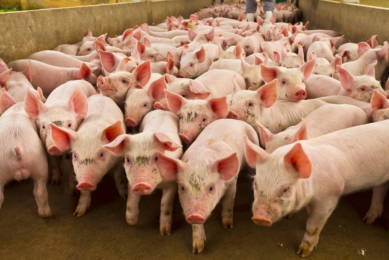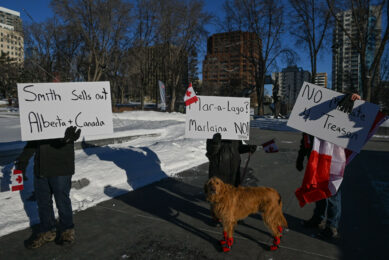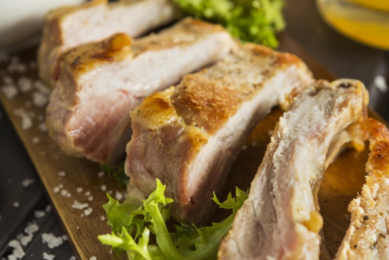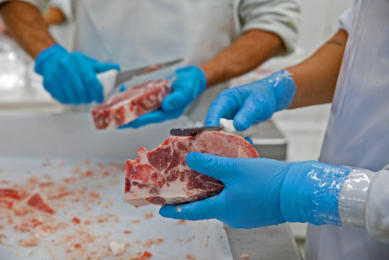EU-Mercosur trade agreement concluded (with reactions)
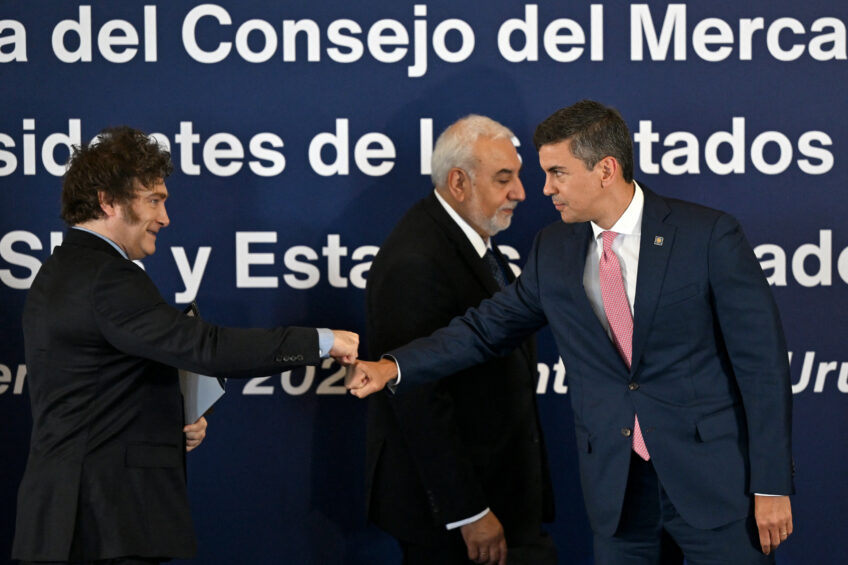
After years of talks, the European Commission and the Mercosur countries have concluded a trade agreement. The deal was signed in Uruguay’s capital Montevideo – and could have implications for meat trade between the 2 blocks.
For about 25 years, the European Union has negotiated with the Mercosur countries, which include Argentina, Bolivia, Brazil, Paraguay and Uruguay. In essence, the trade agreement will eliminate import duties on various products. For EU countries, it will become cheaper and easier to export cheese, wine, medicines and cars to the Latin American countries. In return, the countries in Latin America can export meat, soy, car parts and raw materials more affordably.
20% of the global economy
The trade deal covers about 20% of the global economy and every year, trade between the EU and Mercosur countries is worth tens of billions of euros. In total, the total population of the 2 trade blocks is roughly 700 million consumers.
Legal testing
The next step in the process is that the deal must be legally tested and translated into all official EU languages. It will then be submitted to each of the 27 EU member states. That process is expected to take several months.
Criticism in various European countries
The trade deal has led to severe criticism in various European countries, agriculture included. Several members of the European Parliament (MEPs) have criticised the European Commission for not properly informing Parliament about the content of the proposals – something the commission disagrees with.
Bernd Lange, chairman of the European Parliament’s Committee on International Trade, called the agreement “a beacon of hope for the EU, as the global economy faces turbulent times in the near future.” He continued to say, “It has been a long journey that ends in an agreement on a market that will affect more than 700 million people.”
Saskia Bricmont, MEP for the Greens/EFA, however, said the deal would be bad for farmers as well as the climate and hoped the trade deal would not be reached.
Several countries within the EU are also known to have second thoughts against the deal, for instance the Netherlands and France, fearing “unfair competition.”
Reactions from Mercosur countries
Brazil’s president Luiz Inácio Lula da Silva emphasised that the agreement would open new markets for Brazil’s exports and strengthen investment flows. “The text is modern and balanced, recognising Mercosur’s environmental commitments and reinforcing adherence to the Paris Agreement”, he said.
In Argentina, president Javier Milei hailed the conclusion of the agreement, pointing out that neighbouring countries such as Chile and Peru opened up to the world and signed trade deals with major global economic players. “Argentina took more than 20 years to finalise this treaty. We can not miss out on trade opportunities”, he stressed.
Paraguayan president Santiago Peña described the agreement as historic for the region, seeing it as a unique opportunity for Paraguay to attract investment, strengthen its competitiveness and gain greater prominence internationally.
Meanwhile, Uruguay’s president Luis Lacalle Pou stated that, while the agreement is not a magical solution, it represents a significant opportunity. “For smaller Mercosur countries, it is crucial for the world to open up to them, enabling greater integration into global markets”, he highlighted.
Co-author: Daniel Azevedo Duarte



